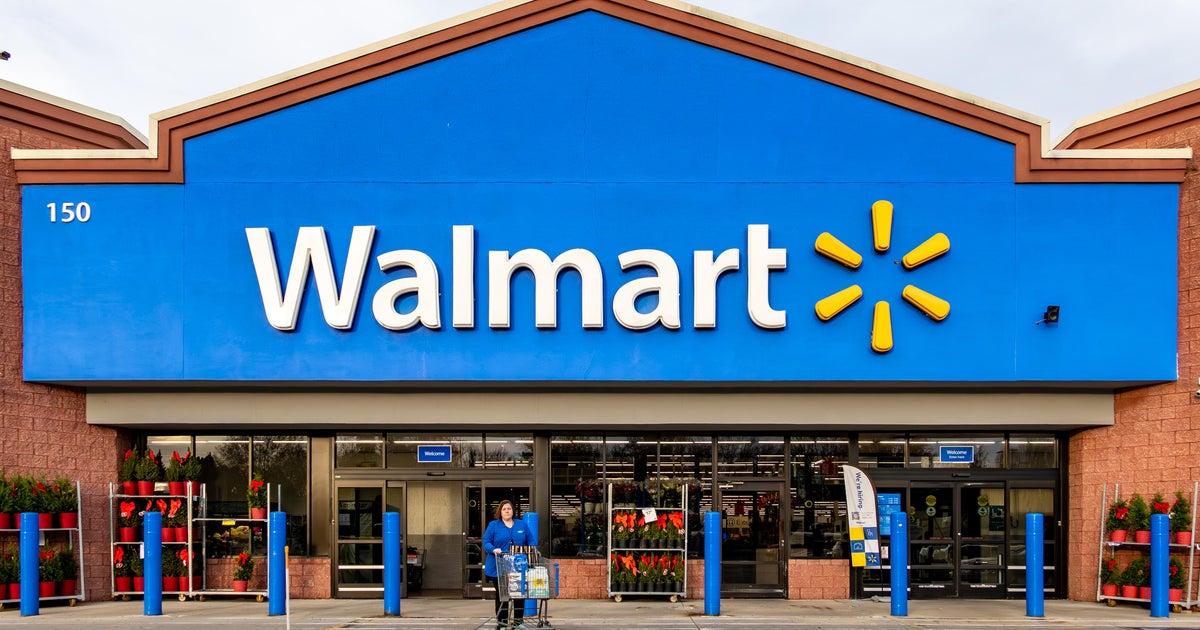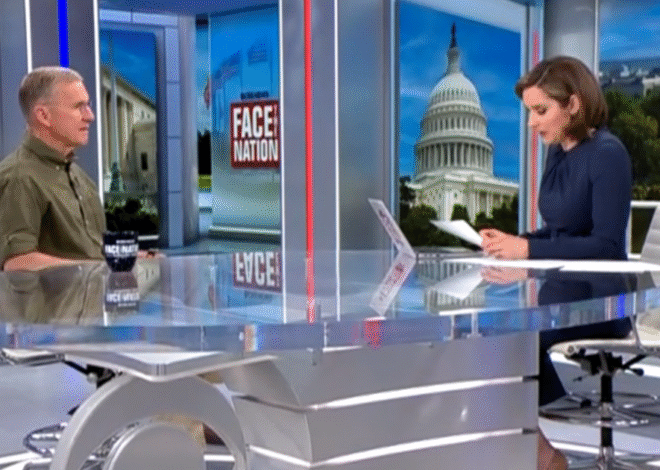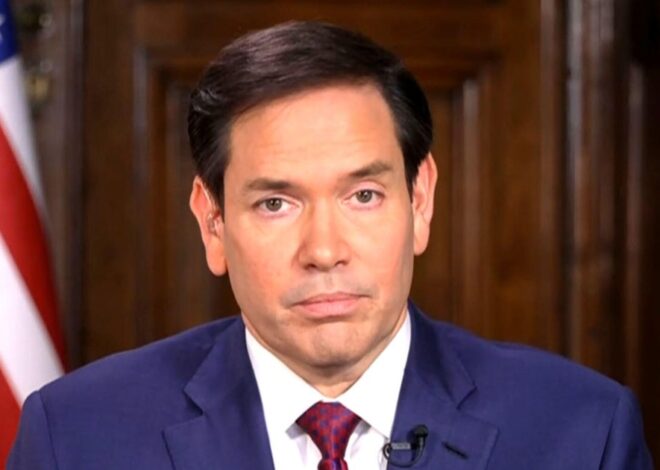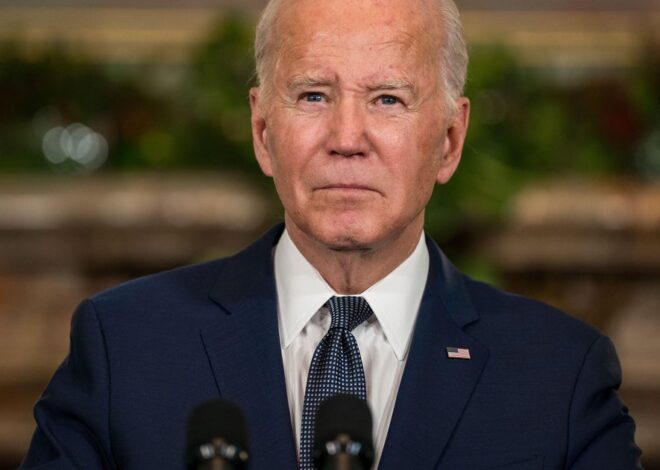
Trump Advises Walmart to Absorb Tariffs Instead of Hiking Prices
Trump and Walmart’s Tariff Tangle
The scene is set with a whirlwind of digital exchanges, typical of the modern age where tweets and posts often carry the weight of official announcements. President Trump took to Truth Social, voicing his frustration with Walmart over tariff impacts. With bold words, he urged the retail giant to “eat the tariffs” rather than transfer these costs to customers. It’s a dramatic request, maybe more fitting for a film than real life, yet here we are.
On the other side, Walmart warned of rising prices from bananas to car seats, due to the tariffs, even the softened ones on China. CEO Doug McMillon had a straightforward message: “We can control what we can control.” It’s like trying to steer a ship through stormy seas-prices were set to rise, and there was little that could change that course.
The tariffs-well, they’re a contentious topic. Trump’s administration has ramped them up, hoping foreign producers will shoulder the burden. It’s a tactic that has perhaps oversimplified the complexities of global trade. Retailers like Walmart, though, find themselves caught in the middle, navigating between political directives and economic realities.
There’s a broader picture here, where Walmart isn’t alone. Other American companies face similar dilemmas, navigating the tricky terrain of tariffs, which bring about more than just higher costs. Some have had to scale back expectations, even pulling full-year forecasts as consumers start to feel the pinch.
Trump’s vision promises a future with more domestic manufacturing jobs, but the path to that vision is fraught with challenges. Major decisions at the executive level are not made in isolation. McMillon and other retail leaders met with Trump at the White House, a discussion that perhaps highlighted the rift between economic strategy and on-the-ground realities.
Meanwhile, there’s talk of car seats costing an extra hundred bucks, a hefty 29% increase-numbers that might make any parent pause. John David Rainey, Walmart’s CFO, described the tightrope act of keeping prices low amidst these pressures. It’s a balancing act, perhaps not unlike what we all do in our daily lives-juggling priorities, making compromises.
The tariff saga is ongoing, with adjustments here and there. A recent reduction brought China’s tariffs down to 30% temporarily, but uncertainty remains. Across the board, import taxes on autos, steel, aluminum, and pharmaceuticals loom. It’s a trade web that’s getting more intricate, with each thread tugged affecting countless others.
In the background, there’s this promise of trade deals, like the one with the UK, potentially keeping tariffs steady at 10%. It’s a complicated dance of economics and politics, one that many hope leads to a more balanced future.
As these narratives play out, I find myself wondering about the everyday impacts. Maybe you do too-how it will trickle down to us, the consumers. For now, we’re spectators in a grand economic drama, waiting to see the next act.
For more details, you can read about the broader context of these economic discussions on trusted news sites like BBC News.



